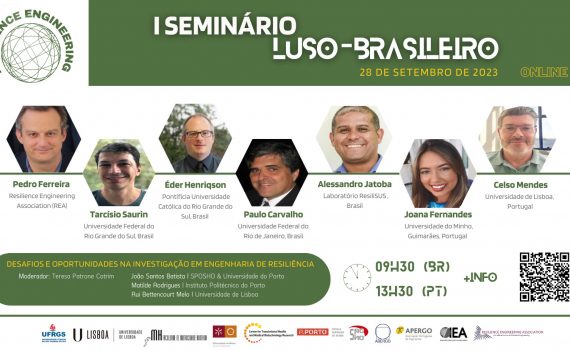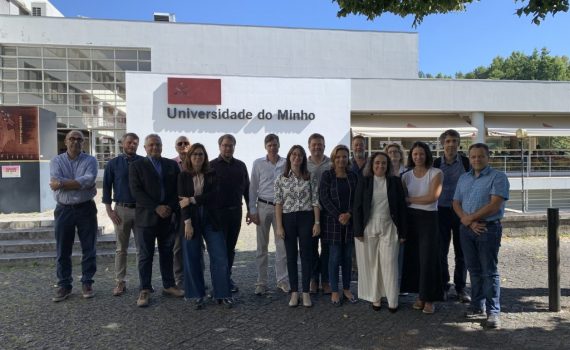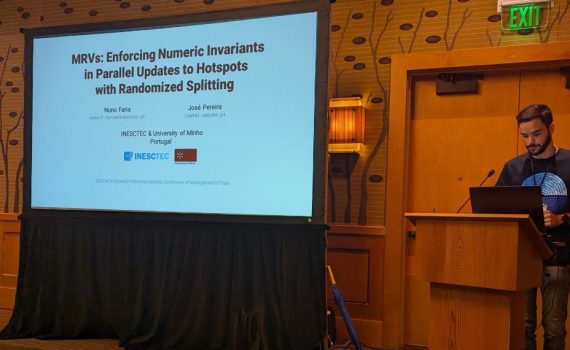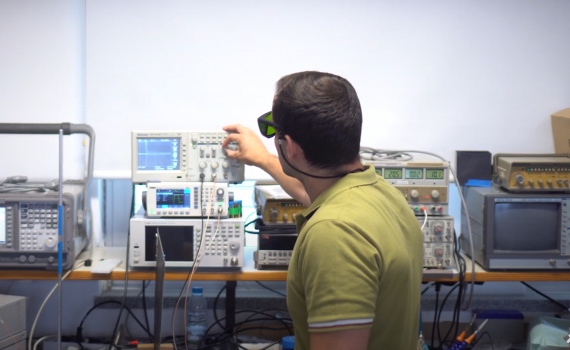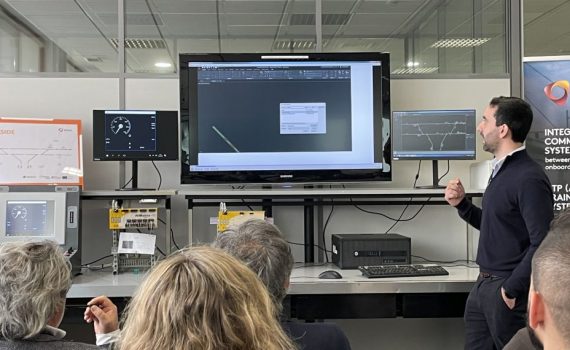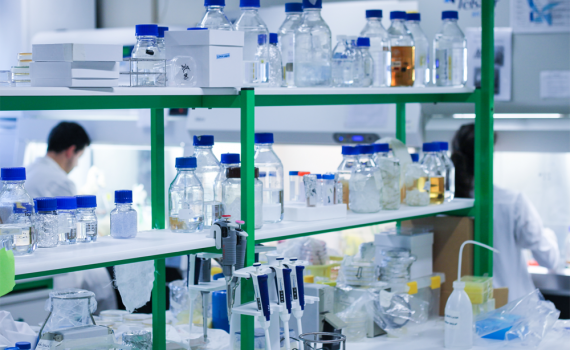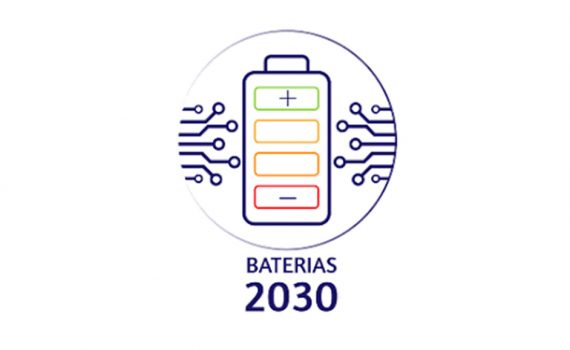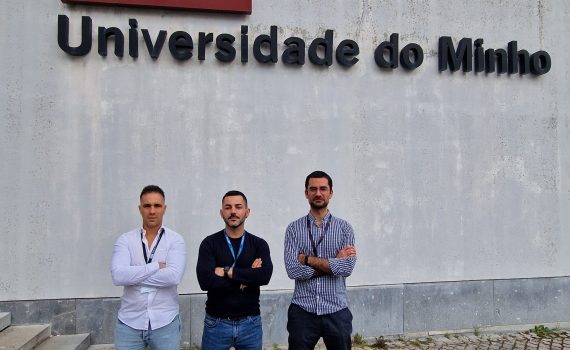The secretary of the Resilience Engineering Association, Pedro Ferreira, and the presidents of the Portuguese and Brazilian Ergonomics associations, Teresa Cotrim and Lucy Mara Baú respectively, will open the 1st Luso-Brazilian Seminar on Resilience Engineering this Thursday. The initiative took place on 28 September, online, and featured a dozen guest […]
Projects
The University of Minho’s School of Engineering is coordinating a European project worth around five million euros that is looking for natural-based technological solutions to protect critical infrastructures. The initiative involves five European cities, including Aveiro, and aims to minimise the effects of climate change. The project is called NBSINFRA […]
The pertinence of runtime security is rapidly engaging companies and institutions worldwide, that are becoming more aware of their vulnerabilities and consequences of attacks, in the age of digital transformation affecting workflows across industries. With the different skillsets and expertise of the FISHY Consortium partners, the impact of the novelty […]
In our daily lives, we barely notice the structures that support sectors like commerce, banking, or others, as well as high transactional data loads. In general, we only become aware of them during disruptions, which end up influencing the normal functioning of said services. In order to improve the performance […]
The European project REcube – REthink, REvive, REuse aims to develop and transmit the knowledge necessary for a sustainable, integrated and holistic approach to the conservation and renovation of reinforced concrete heritage in Europe. Within the scope of the REcube project, the students of the Degree in Civil Engineering, Maria […]
A team from the Centre for Microelectromechanical Systems (CMEMS) of the UMinho School of Engineering develops promising technology for the removal of brain tumours. The team led by researcher Hugo Dinis is responsible for the development of a light-based ultrasound system for tumour resections. This technology promises to provide neurosurgeons […]
A team of High Assurance Software Laboratory (HasLab – EEUM) / INESC TEC researchers participated in the creation of a solution that aims to improve railway safety through the automatic validation of transport networks. The solution, developed within the scope of the DigiLightRail project – and in partnership with Efacec […]
What if it were possible to increase the production of biogas, a sustainable energy source, from waste or wastewater? Researchers from the Centre of Biological Engineering (CEB) of the School of Engineering of the University of Minho are studying the effect of different conductive materials – such as activated carbon […]
On the past May 31 were presented at the School of Engineering of the University of Minho, Azurém Campus, the results of the project “Integrated and Innovative Solutions for the well-being of people in complex urban centers“, developed in the ALGORITMI Center, coordinated by Professor José Machado. The session was […]
The project “Baterias 2030 – The batteries as a central element for urban sustainability”, led by the company DST SOLAR, from Braga, will install a Living Laboratory for Decarbonization in three infrastructures of the Municipality of Braga; in the Gnration building, in the Services Park of the Municipality, and in […]
The EuroCC2 project started in February; the new European project by INESC TEC aims to identify and address the skills gap in high-performance computing (HPC) in the European ecosystem, and to promote cooperation across Europe, thus ensuring a consistent skills base. This project focuses on establishing and managing a network […]
Horizonte Europa has set aside 4.6 million euros for the CROSSCON project, in which the ALGORITMI Centre, from the University of Minho, participates. Portuguese institution can receive up to 577.2 thousand euros. The Internet of Things (IoT) brings new cybersecurity challenges. At a time when cyber attacks are increasingly frequent, […]
